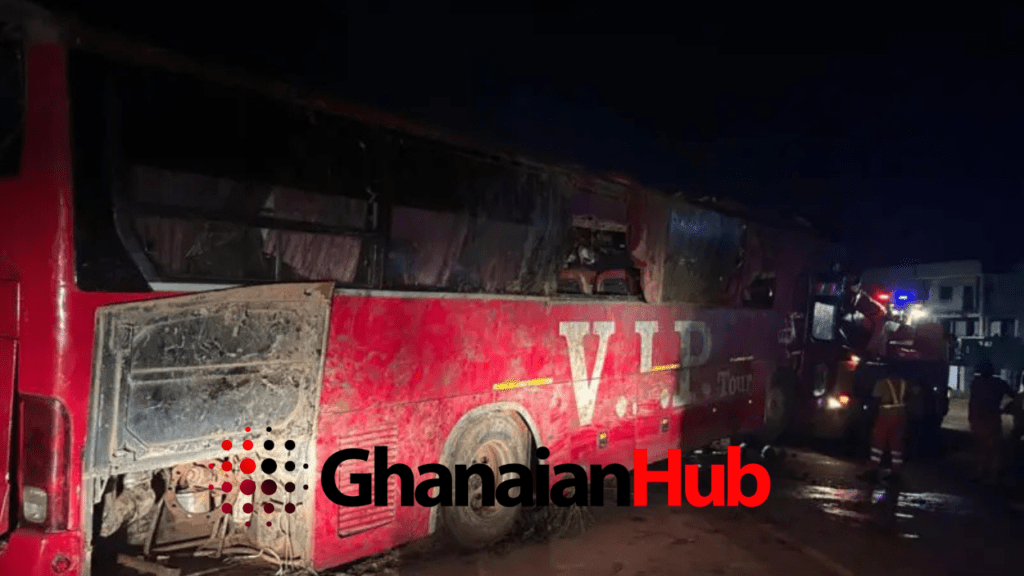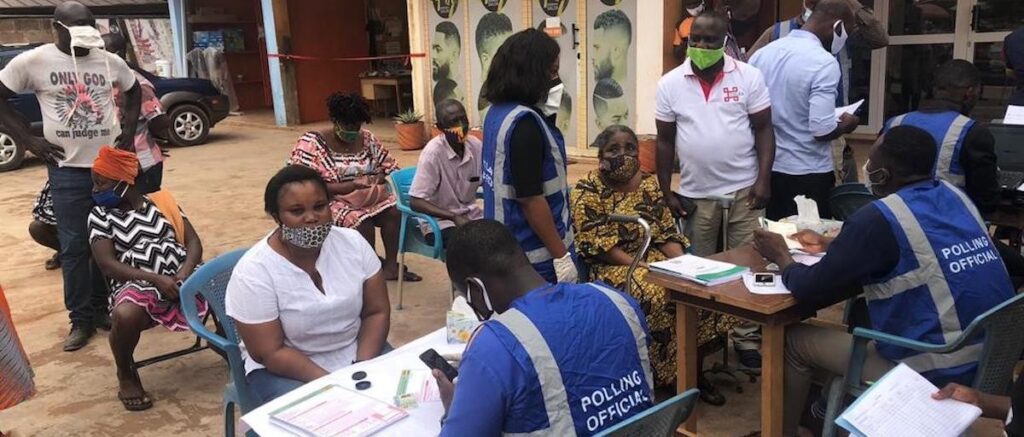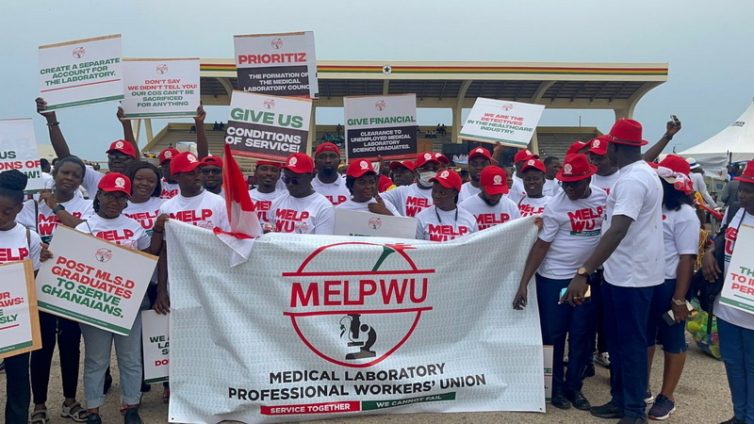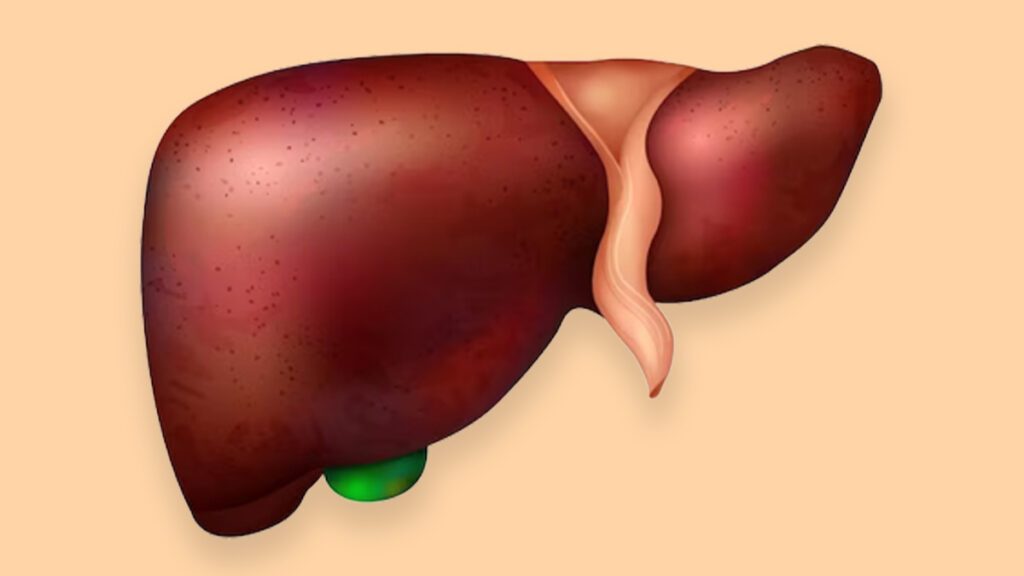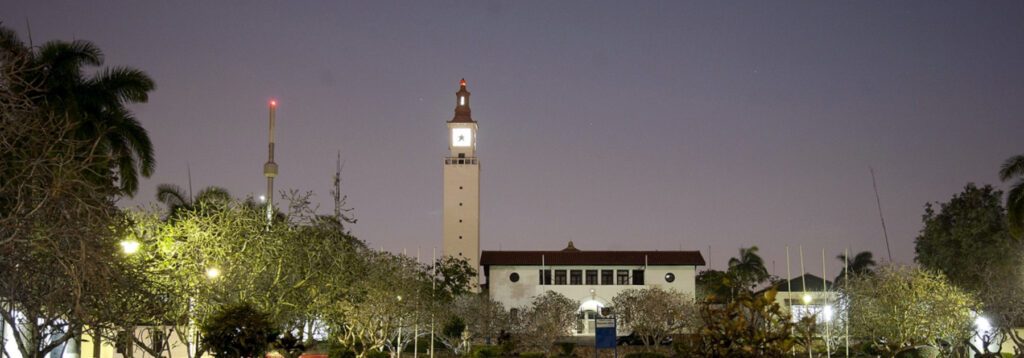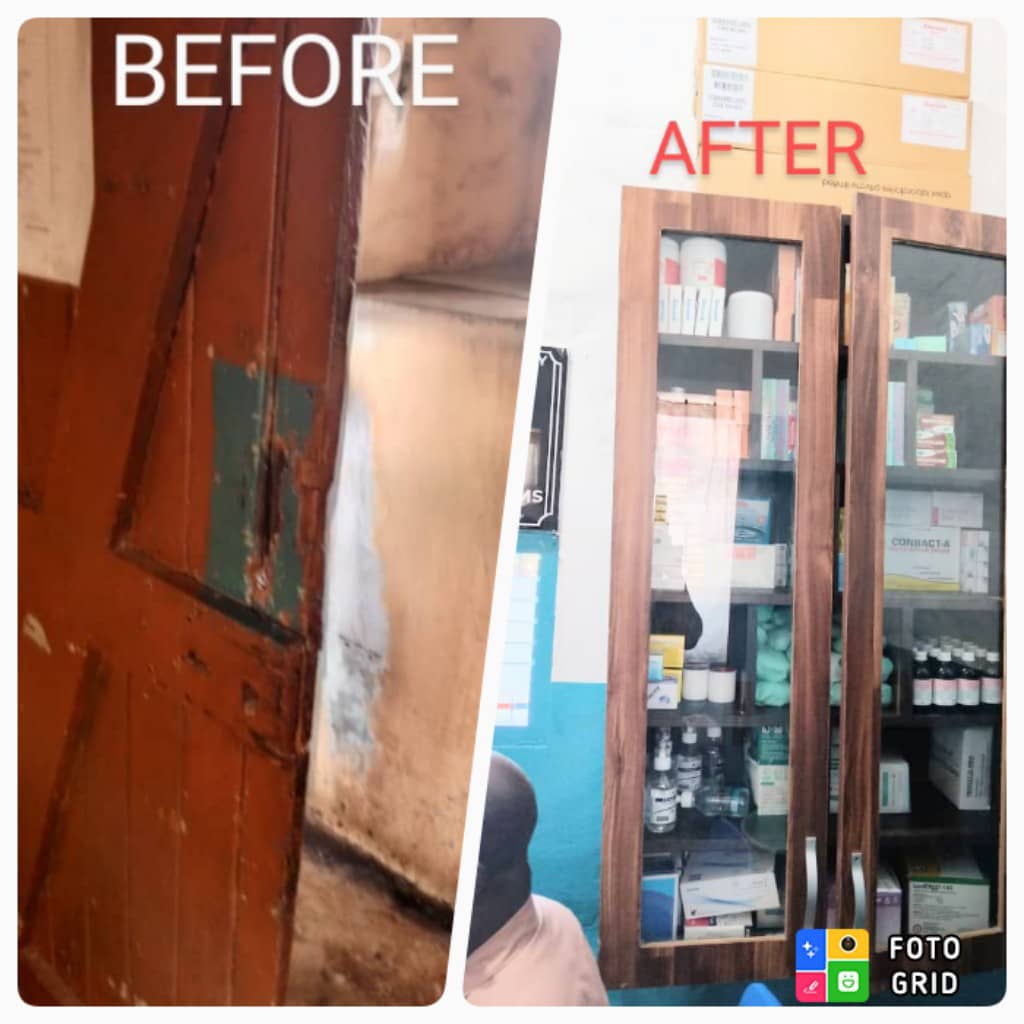Record-Breaking Heatwave and Tragedies Amidst the Heat

Record-Breaking Heatwave: Over the past week, an intense heat wave ravaged the Midwest and Northeast, causing meteorologists to recommend inhabitants to seek out air-conditioned spaces, drink plenty of water, and spend as little time outside as possible.
Many more suggestions have been made to assist people stay cool as temperatures surge into the 90s and 100s. Mid-Atlantic temperatures have broken all previous records as a result of the ongoing heat wave.
Baltimore broke a 36-year-old record with 101 degrees, and Washington, D.C. experienced its first 100-degree day since 2016. Record-breaking temperatures are also predicted for cities in North Carolina, Mississippi, Georgia, Arkansas, and other southern states.
The United Kingdom experienced its warmest day of the year, with a high of 28.3°C (82.9°F) in Wisley, Surrey. For the majority of England, yellow heat health alerts were issued, alerting susceptible people to possible dangers.
Temperatures could reach 30 °C (86°F) in some places, according to forecasters, with only slight effects on the health and social care industries anticipated. Throughout June, cities all throughout the country crushed daily heat records. Some noteworthy instances consist of:
- Fort Lauderdale, Florida, tied its daily record high at 94°F on June 29.
- Key West, Florida, broke its daily record high at 97°F on June 27.
- Baltimore and Washington, D.C., broke their records at 101°F and 100°F, respectively, on June 22.
- Phoenix, Arizona, tying its daily record high at 117°F on June 21.
The heat wave stretched across various regions, with cities like Birmingham, Alabama, Columbia, South Carolina, and Raleigh, North Carolina, experiencing record-breaking temperatures. Notable records include:
- Columbia, South Carolina, reaching 106°F on June 25.
- St. Louis, Missouri, hitting 103°F on the same day.
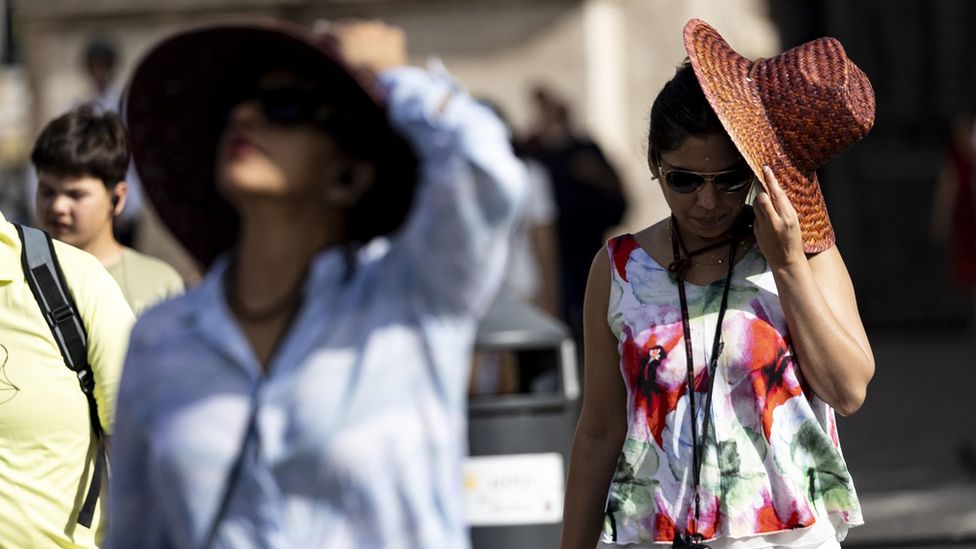
The Weather Channel and American Red Cross advise residents to avoid caffeinated, alcoholic, sugary drinks, heavy meals, and spicy foods to prevent dehydration and promote sweating, as digestion generates heat.
Medical officer at America recommends wearing loose-fitting, light-colored clothing for body cooling, as certain medications can accelerate dehydration and hinder cooling.
Officials in Michigan warn citizens to refrain from actions that could damage the state of the air, such as driving, idling, lawnmowing, and refilling at gas stations, as these can make the already precarious conditions caused by the heat wave worse.
Heat stress, a disorder that makes it difficult to regulate body temperature, is prevalent in the elderly, overweight, and heart diseases, and it raises the risk of heat exhaustion, heat rashes, and heat stroke.

About 1,301 people died as a result of the excessive heat during the Hajj trip in Saudi Arabia. These persons were primarily unregistered pilgrims who suffered through the intense heat without proper shelter.
During the journey, temperatures rose beyond 50 °C (122°F), and many of the fatalities were elderly or sickly from a chronic illness.
Although measures to reduce the effects of heat stress and increase awareness of it were taken, the tragedy highlighted the difficulties encountered by unregistered pilgrims who did not have access to official transportation or ventilated facilities.
Saudi Arabia came under fire for failing to protect unapproved pilgrims. The repercussions prompted legal action against travel agencies and tourism businesses that sponsored unauthorized pilgrimages.
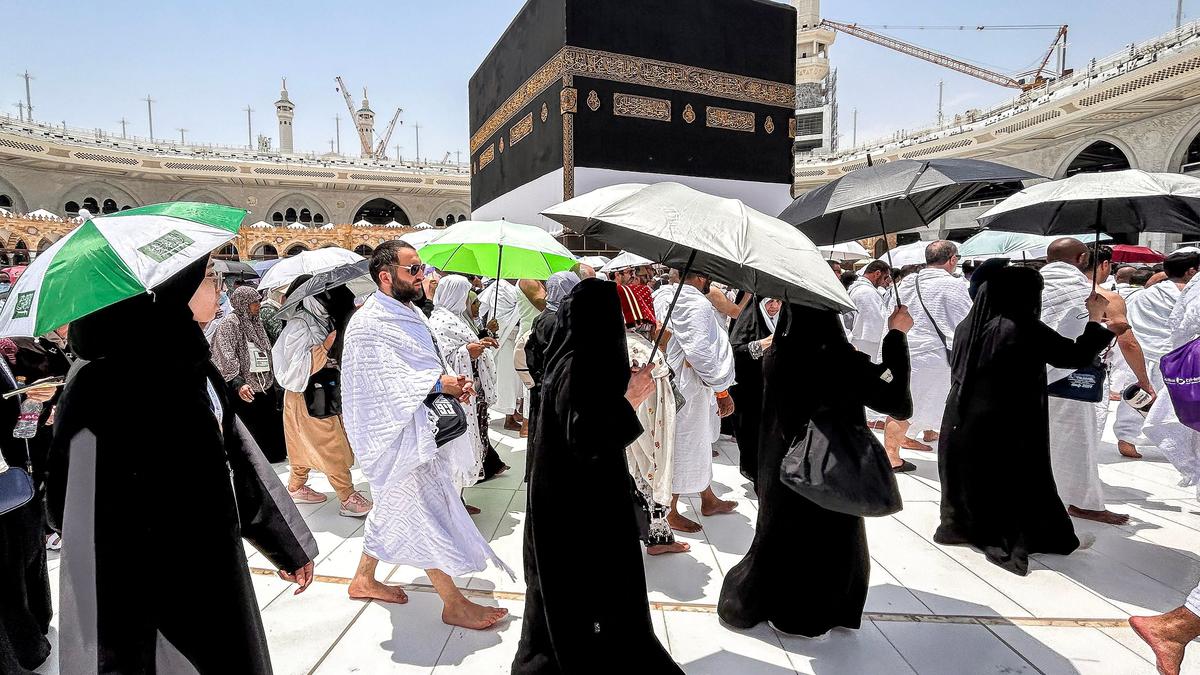
Many nations released reports of their citizens’ deaths, underscoring the pervasive effects of the intense heat. A married American couple from Maryland passed away from heat stroke during their Hajj, after trekking in the intense heat for more than two hours.
Their daughter recalled how their tour organization had failed to provide them with food and water, as promised. The tragic tale of the couple brought to light the harsh circumstances that many pilgrims had to endure.
In addition to the heat, there was major flooding in South Dakota and Iowa due to heavy rains, and a tornado in Wisconsin demolished the Apple Grove Lutheran Church in Argyle.
Following six inches of rain, a levee broke in Rock River, Iowa, causing a flash flood emergency and tainting the town’s water supply, prompting advice for bottled water.


 English
English 























